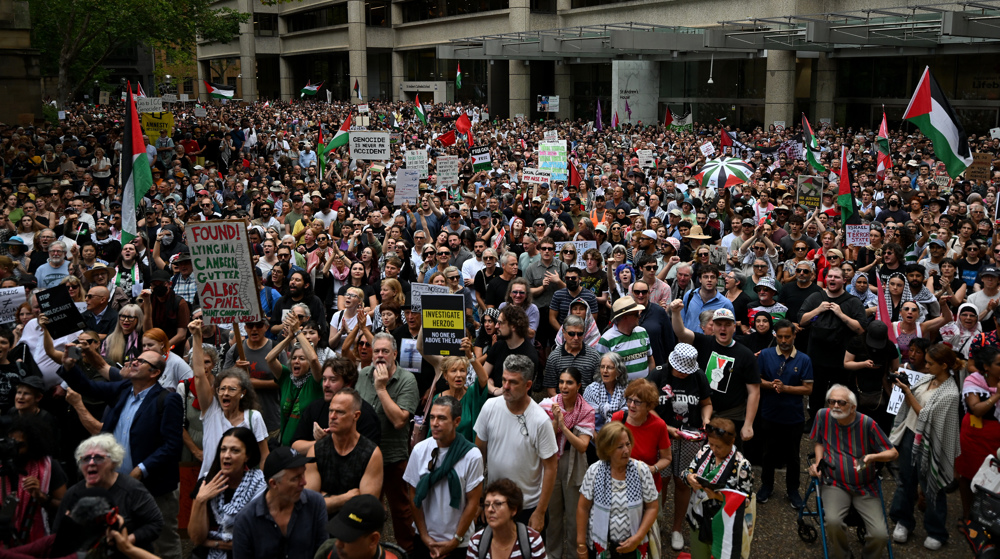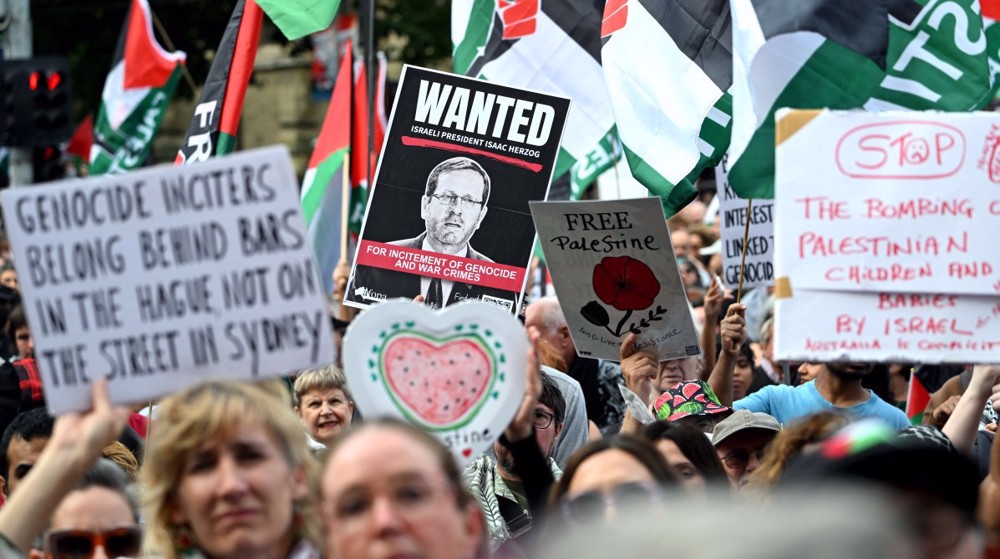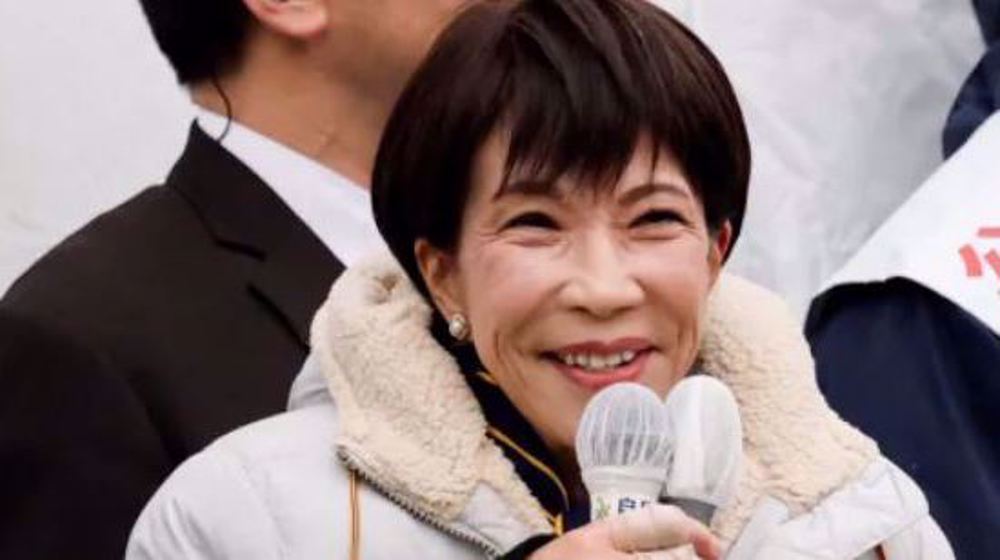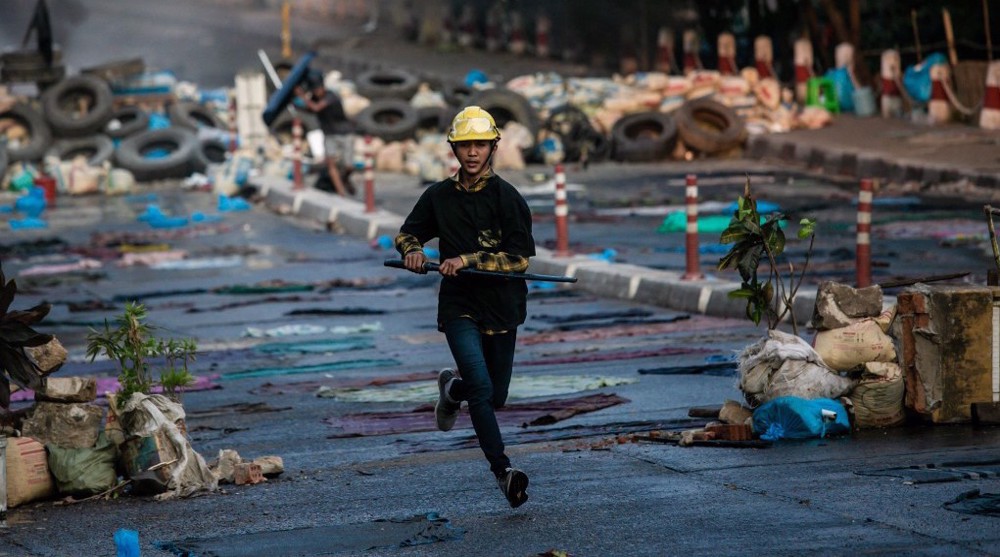Myanmar: Protests continue, powerful Buddhist group signals break with junta
Daily protests have been ongoing for more than a month in Myanmar since the military ousted the civil government and arrested de facto leader Aung Sung Suu Kyi and other political leaders.
Security forces, made up of police and military personnel, have intensified a brutal crackdown that includes shooting protesters and overnight arrests.
At least 180 people, including children, have been killed since the coup on February 1, according to the United Nations Human Rights Office.
More than 2,100 people have also been detained, often during overnight raids.
Here is the latest:
On Wednesday, Myanmar’s Buddhist monks’ association called on the junta to end the violence against protesters.
The State Sangha Maha Nayaka Committee (Mahana) also accused an “armed minority” of torture and killing innocent civilians since last month’s coup.

The government-appointed organization said in a draft statement that its members intended to halt activities in an apparent protest.
The Mahana is set to release a final statement after consulting the religious affairs minister on Thursday, the Myanmar Now news portal reported, citing a monk who attended a meeting of the committee.
Buddhist monks were at the forefront of a 2007 “Saffron Revolution” against military rule, an uprising that, though suppressed, ultimately helped usher in civilian rule.
Myanmar spent almost half a century under military rule until democratic reforms in 2011.
The military seized power once again on February 1 and declared a one-year emergency across Myanmar.
The military alleged widespread voter fraud during the November 2020 general elections, which gave Suu Kyi’s party another overwhelming victory.
The international community has repeatedly called for the release of the detained leaders and urged the restoration of the civilian government. It has also urged the junta to stop the use of lethal force against the anti-coup protests.
The military regime has, however, defied global calls for restraint and maintained its use of lethal force.
On Tuesday night, security forces killed a 28-year-old man in the commercial capital of Yangon, a brother of the victim said.
Protests have continued into Wednesday as several hundred people gathered with protest signs in Demoso in the east, Pathein in the Irrawaddy River delta, and Dawei in the south, pictures on social media showed.
Residents of the second-biggest city of Mandalay and the central town of Monywa also reported protests.
In Yangon, the junta triggered a mass exodus after imposing martial law over the Hlaing Tharyar and five other townships, home to about two million people.
Thousands of residents of Hlaing Tharyar, a poor suburb that is home to migrants and workers, fled the city on flatbed trucks and motorbikes on Tuesday morning.
Citing two doctors in the area, Reuters reported there were still wounded people in need of medical attention, but the army had sealed entrances.
“Here is like a war zone, they are shooting everywhere,” a labour organizer in the Hlaing Tharyar district told Reuters, saying that most residents were too frightened to go outside.
“We’re told possibly dozens more killed in #HlaingTharYar today. Emergency vehicles are unable to access the area due to road blocks,” Matthew Smith, head of the Fortify Rights group, said on Twitter.
Only on Sunday, more than 40 people were killed in protests in Hlaing Tharyar, and several factories were set ablaze. It was the deadliest day in the past six weeks.
At least 74 people were killed after the violent suppression of anti-coup unrest across the country on Sunday, according to advocacy group Assistance Association for Political Prisoners (AAPP).
Amnesty International said the military was using increasingly lethal tactics and weapons against peaceful protesters and bystanders.
The military has deployed battle-hardened troops — documented to have committed human rights abuses in conflict areas — to the streets, according to Amnesty.
The UN special rapporteur for human rights in Myanmar, Tom Andrews, said the military’s “brutal response” to peaceful protests is “likely meeting the legal threshold for crimes against humanity.”
VIDEO | Iranian embassy in Malaysia celebrates Islamic Revolution anniversary
VIDEO | Press TV's news headlines
VIDEO | Hundreds protest Israeli president's visit in front of Australia's parliament house
Iran officials hail massive rallies marking Islamic Revolution anniversary
Global congratulations pour in for anniversary of Islamic Revolution
Pezeshkian: Iranians have taken to streets to defend country
Netanyahu pushing to turn US into ‘slave state for Israel’s expansionist dreams’: Analyst
Iran’s security chief meets with Yemen's Ansarullah official in Oman












 This makes it easy to access the Press TV website
This makes it easy to access the Press TV website